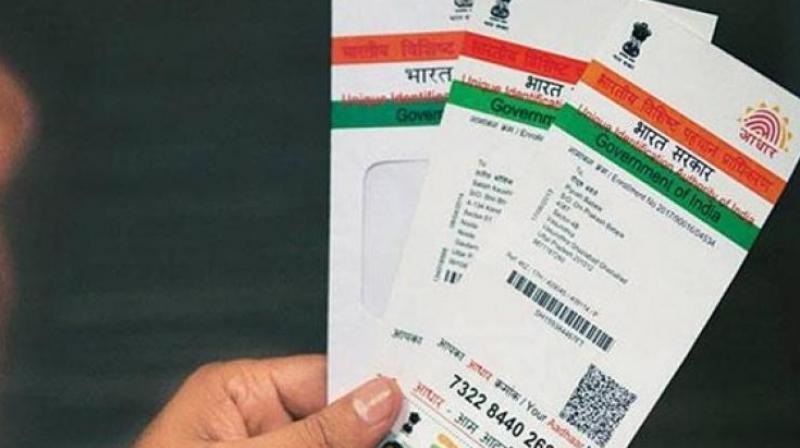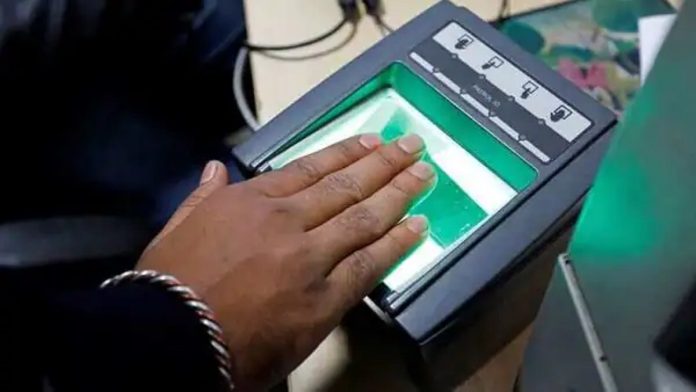- As the entire Indian countrymen know, the UIDAI introduced the Aadhaar biometric digital data collection system which not only turned out to be unique but also enabled the government authorities to formulate as well as disburse the benefits of various welfare schemes seamlessly. So much so that Aadhaar became the go-to medium for every government agency to authenticate the user bonafide for confirmation about various welfare schemes. The Bharatiya Janata Party-led central government placed great emphasis on digitization efforts thereby allowing the common citizens to open bank accounts in great numbers. And Aadhaar became the tool to link and authenticate the bank account for receiving direct benefit transfers.

PC: Economic Times
- However, cybercriminals are always on the prowl to breach the walls of digital security to create havoc on the common citizens. Notwithstanding several safety measures introduced, the growing incidents of data security getting compromised only add to the concern of the government authorities and the citizens. Of course, biometrics plays a definite role in the way Aadhaar is used for various purposes. As such, biometric collection to establish identity is now commonplace across different levels of government. As reported recently, the West Bengal government now has a law that mandates biometric collection as part of the process of recording marriages. Submission of biometrics is mandatory for both the couple and accompanying witnesses.
- Understandably, governments may have good reasons to increase the stringency level to establish identity. Bengal’s aim to prevent trafficking is an example. Inarguably, this can be done without collecting biometrics at all levels. Note that 138 crore unique Aadhaar numbers have been generated covering almost the entire population. Bengal, for instance, had recorded an Aadhaar saturation level of over 90% by March 2021. Securing its Aadhaar database is a core function of UIDAI, the body entrusted with managing the ecosystem. Its functioning is subject to CAG performance audits. However, if the biometric collection is carried out at different levels, it undermines the safety of the entire database because safety protocols vary.

PC: Deccan Chronicle
- Thus, breaching one database will compromise all of them with the same data. In the case of Bengal, officials have said that the data is encrypted to ensure safety. It’s a good practice but global experience shows that encryption raises the level of difficulty for hackers but doesn’t eliminate it. No database is entirely safe and securing it is a constant challenge for legitimate custodians of data. Therefore, in the interest of safety, the collection of biometrics should be limited to UIDAI as it reduces potential targets. Yes, governments can continue to impose the level of stringency needed to verify identities for their purposes by tapping into the UIDAI database. It’s in everyone’s interest to narrowly restrict biometric collection and do so without compromising its usage for valid reasons.






